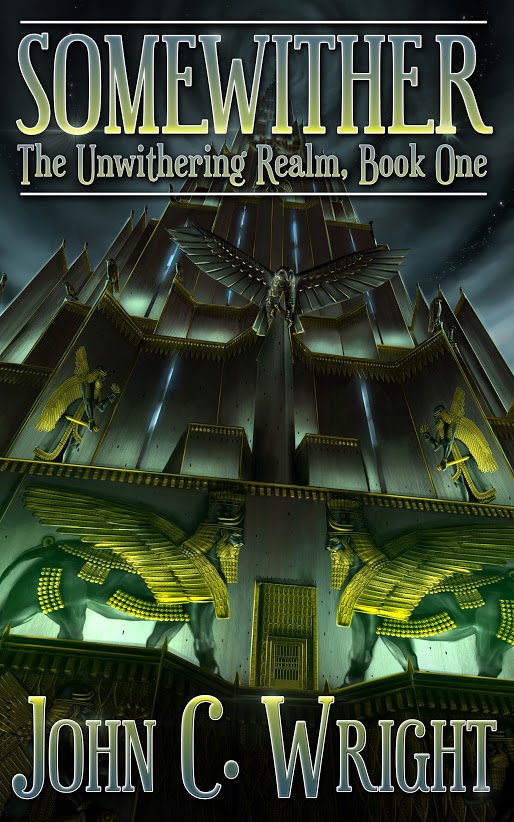Publishers Weekly provides a list:
1. A Wild Sheep Chase – The original title of this novel is “An adventure concerning sheep,” and it lives up to that title. In it, the Murakami hero takes on a political-business-industry syndicate with apparently limitless money and power, and he does it on his own terms. Some of the most interesting parts of the novel take place in the rural wilds of Hokkaido, which has been interpreted alternately as the hero’s inner mind, or as a mythological land of the dead. At its heart, like many Murakami novels, this is a tale of conflict between the will of the individual and the demands of an impersonal State. Oh, and there is a really cool, all-empowering sheep, too.
2. The Wind-Up Bird Chronicle – This is another novel that features an “other world,” this time taking the form of a labyrinthine hotel, in which the hero’s wife, Kumiko, is held prisoner by her evil brother, Wataya Noboru. The hero, a mild-manner, unemployed house-husband named Okada Tōru, must find his way into this metaphysical labyrinth, confront Noboru, and rescue Kumiko. Meanwhile, he must also deal with those awkward moments when the coiled springs of time run down, and different historical epochs slam into one another. The work is a study of sex, violence, and collective memories lost and regained.
3. Hard-Boiled Wonderland and the End of the World – If Gabriel Garcia-Marquez and H.G. Wells has gotten together to write a novel, it might have looked like this. Its dual narratives portray, alternately, the mean streets of a slightly futuristic Tokyo embroiled in an information war with real casualties, and a bucolic fantasy world in the form of a Town, surrounded by a massive, perfect wall, populated by people without shadows, a fearsome Gatekeeper, and unicorns. The hero, finally, must choose between the two worlds for his permanent home.
4. 1Q84 – This is the first novel in which Murakami takes up the risky topic of fringe religious groups—a sore spot in Japan since the Aum Shinrikyō terrorist attack of 1995. As the work’s fictitious cult, Sakigake, attempts to re-establish its connection with earth spirits known as the Little People, the novel pursues a central plot of bringing together its two soul-mate heroes: a fitness instructor who moonlights as an assassin of abusive men, and a math genius who moonlights as a copywriter. As with other Murakami novels, this one looks hard at the tension between political and religious ideology and the inner soul of the individual.
5. Colorless Tsukuru Tazaki and His Years of Pilgrimage – Tsukuru Tazaki spends much of this story trying to understand why his circle of friends in high school expelled him from their group shortly after he left Nagoya to attend college in Tokyo. His quest for understanding takes him al the way to Finland, where he confronts some hard truths about his own inner self. It is a novel of betrayal and forgiveness, but above all, it is about growing up.
While they get the #1 book right, that’s not how I see it. This is my top 10 Murakami list, keeping in mind that they specified “books”, not “novels”, which thereby permits the inclusion of both non-fiction and collections of short stories.
- A Wild Sheep Chase
- Kafka on the Shore
- Underground
- 1Q84
- The Elephant Vanishes and Other Stories
- Blind Willow, Sleeping Woman
- Hear the Wind Sing
- Dance Dance Dance
- What I Talk About When I Talk About Running
- Norwegian Wood
Haruki Murakami is, without question, one of the greatest living writers, if not the greatest one now that Umberto Eco is dead. While he lacks any sense of spirituality, particularly in the Christian sense, and his grasp of human socio-sexuality is marginal, he more than makes up for these flaws by his observational skills, his intellectual curiosity, and his penetrating insights into human behavior.
Kafka on the Shore is this week’s book of the week.
The third or fourth book on my list of books to write is a literary novel written in a style that is chiefly influenced by a) Murakami and b) Banks. I’ve already started it, and I’m hoping to be able to get back to it in the second half of next year.



